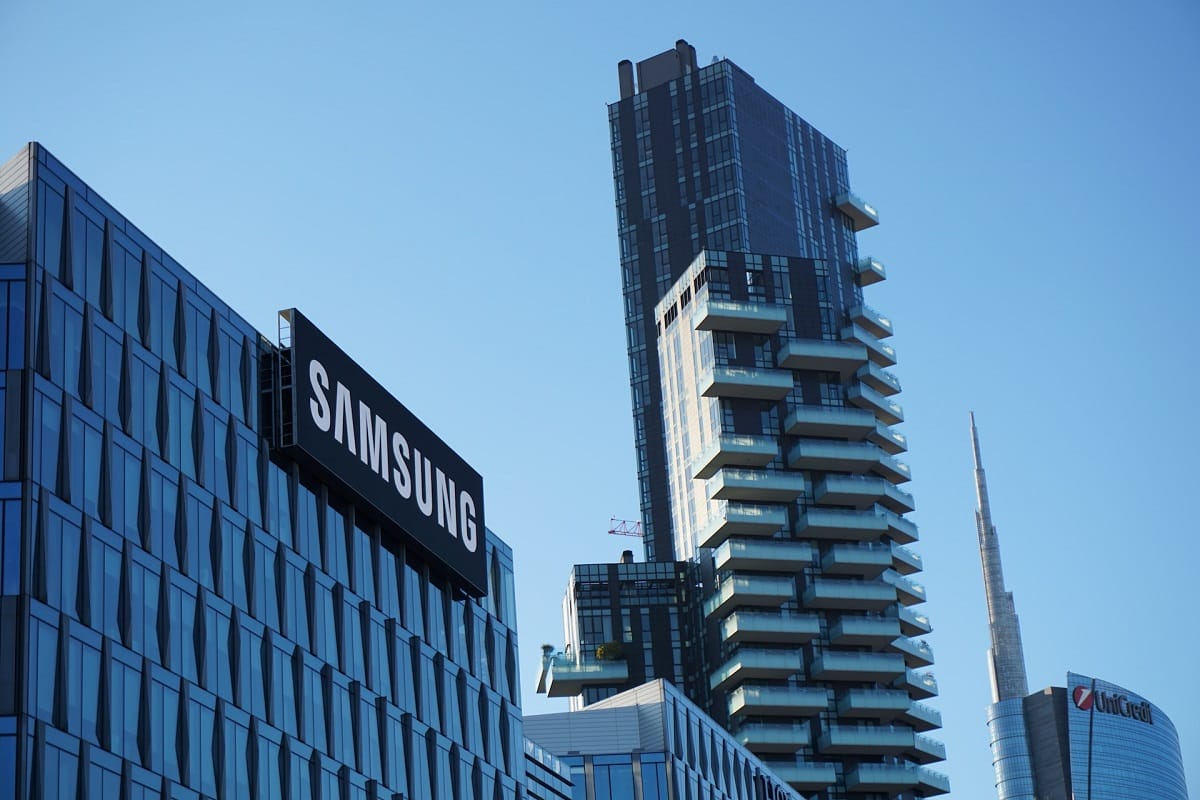Samsung Electronics reported on the preliminary results of operations for the third quarter of 2023, which showed a less intense decline in profit compared to the expected figure.

In the period from July to September, the termination of losses of the company’s chip manufacturing unit was recorded. According to experts, this particular result may be evidence of a global process of improving the state of affairs in the global semiconductor market.
The share price of the South Korean manufacturer increased by 4.4% against the background of the report on the results of its activities in the third quarter. This growth turned out to be the maximum in more than a month. Some investors said that the 78% decline in operating profit for the last quarter is a more positive result compared to initial concerns.
Currently, Samsung is in a kind of state of struggle with the decline in the semiconductor industry. Smaller competitors of the company, including SK Hynix and Micron Technology, are making similar efforts to counteract the consequences of the negative state of affairs in the high-tech environment. The main customers of these firms, including manufacturers of personal computers and smartphones, are reducing orders, as they are currently trying to cope with a decline in consumer demand for gadgets and an excess of chip stocks.
Samsung’s operating profit for the last quarter decreased to about 2.4 trillion won ($1.8 billion). The company’s sales during this period showed a decrease of 13% year-on-year. This is due to a fall in chip production volumes.
Sanjeev Rana, head of research in South Korea at CLSA, says that expectations are currently growing that Samsung’s semiconductor business has reached an absolute minimum, after which the recovery projected for the fourth quarter of this year will begin.
This week started for the mentioned company with positive news. Samsung and Hynix have received permission from the United States to purchase and supply American chip manufacturing equipment to their factories located in China. This decision by Washington brought clarity to the prospects of the two world leaders in the production of microcircuits of memory. Now companies can plan a long-term strategy of activity.
Samsung is currently looking to make the most of the so-called boom in spending on artificial intelligence-related technologies. This trend was formed and realized after last year’s debut of a chatbot based on machine intelligence called ChatGPT, developed by OpenAI specialists.
In developing tools that are used in training artificial intelligence models, Samsung is trying to catch up with Hynix. The mentioned company is the main supplier of next-generation DRAM for the manufacturer of AI chips for Nvidia. Since the beginning of this year, the value of Hynix shares has increased by almost 60%.
Samsung announced its intention to double its capacity for the production of microcircuits with high throughput and capacitance necessary to accelerate the training process of artificial intelligence models. The company intends to achieve this goal in 2024.
However, the demand for artificial intelligence has not yet turned into sales, which is why Samsung and Hynix continue to overcome economic uncertainty, which has somewhat decreased after the aforementioned US permission to supply equipment to Chinese factories. In the foreseeable future, companies will reduce the production of NAND chips used in personal computers and smartphones.
Experts also say that investors will appreciate any promotion of Samsung in the foundry business, where it is currently losing ground to Taiwan Semiconductor Manufacturing Co. In this case, attention will be paid to any volume of orders that the South Korean company receives. This forecast is partly explained by political circumstances, which consist in the fact that Beijing’s claims to own Taiwan within the framework of the Chinese historical concept of perceiving the island as its territory negatively affects the security prospects in this region, which is why business seeks to establish cooperation with suppliers from other countries.
TSMC’s quarterly sales also showed a decline that turned out to be less than initial expectations. This result is due to the growing demand from artificial intelligence developers.
The market expects the largest players in the technology industry to demonstrate signs of recovery against the background of widespread interest in machine intelligence, but rising inflation and geopolitical tensions do not give a chance for reasons for confident optimism.
Samsung is the leader in the RAM sector in terms of production volumes. The company rapidly increased its capacity to meet the demand that has grown amid the coronavirus pandemic. The manufacturer has experienced an economic downturn, providing itself and its customers with large stocks.
Lee Seung-Woo, an analyst at Eugene Investment & Securities, says that the worst period for the memory chip industry has passed, and Samsung’s results confirm this.









